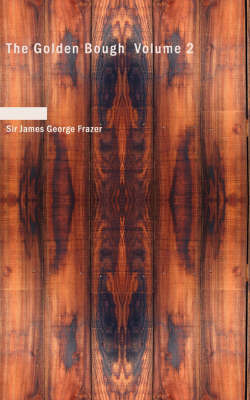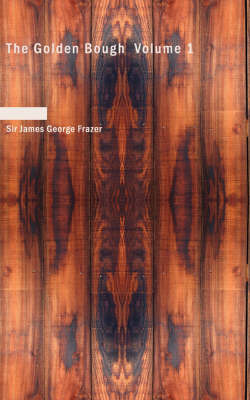Cambridge Library Collection - Classics
3 primary works • 14 total works
Volume 10
Volume 11
Volume 12
The Golden Bough: Volume 12, Bibliography and General Index
by James George Frazer
The Golden Bough Volume 2
by Sir James George Frazer, Sir, and James George Frazer
The Golden Bough Volume 1
by Sir James George Frazer, Sir, and James George Frazer
The Golden Bough: Volume 3, Taboo and the Perils of the Soul
by James George Frazer
The Golden Bough: Volume 1, The Magic Art and the Evolution of Kings 1
by James George Frazer
The Golden Bough: Volume 2, The Magic Art and the Evolution of Kings 2
by James George Frazer
The Golden Bough: Volume 7, Spirits of the Corn and of the Wild 1
by James George Frazer


